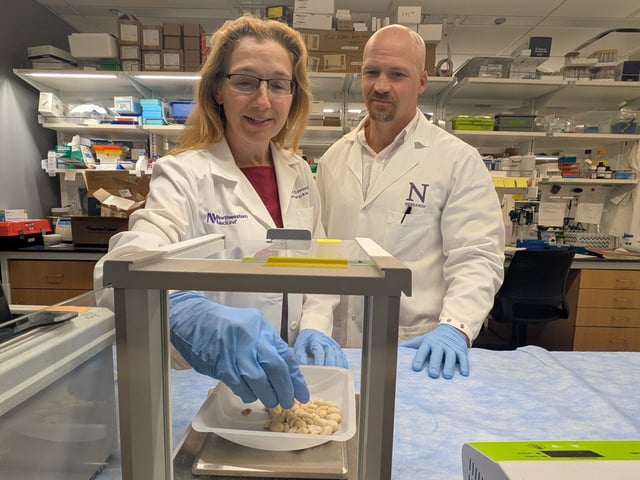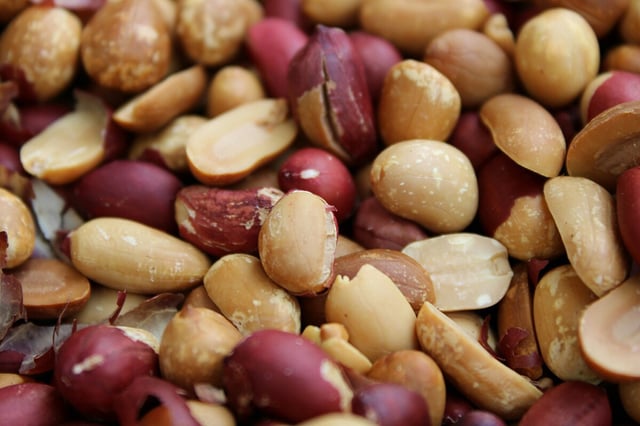Overview
- A multi-year genetic screen at Northwestern pinpointed the DPEP1 gene and a linked leukotriene pathway in the gut as key regulators of food-allergy anaphylaxis
- In preclinical studies published August 7 in Science, a single dose of Zileuton blocked leukotriene production and protected 95% of allergic mice from life-threatening reactions
- By targeting allergen absorption rather than the immune response itself, the approach represents a mechanism-based intervention against accidental exposures
- A small early-stage clinical trial launched in July is now evaluating whether Zileuton can replicate its protective effect in people with food allergies
- If human results mirror the mouse data, repurposing this FDA-approved asthma drug could shift food-allergy management from reactive treatment to proactive prevention



